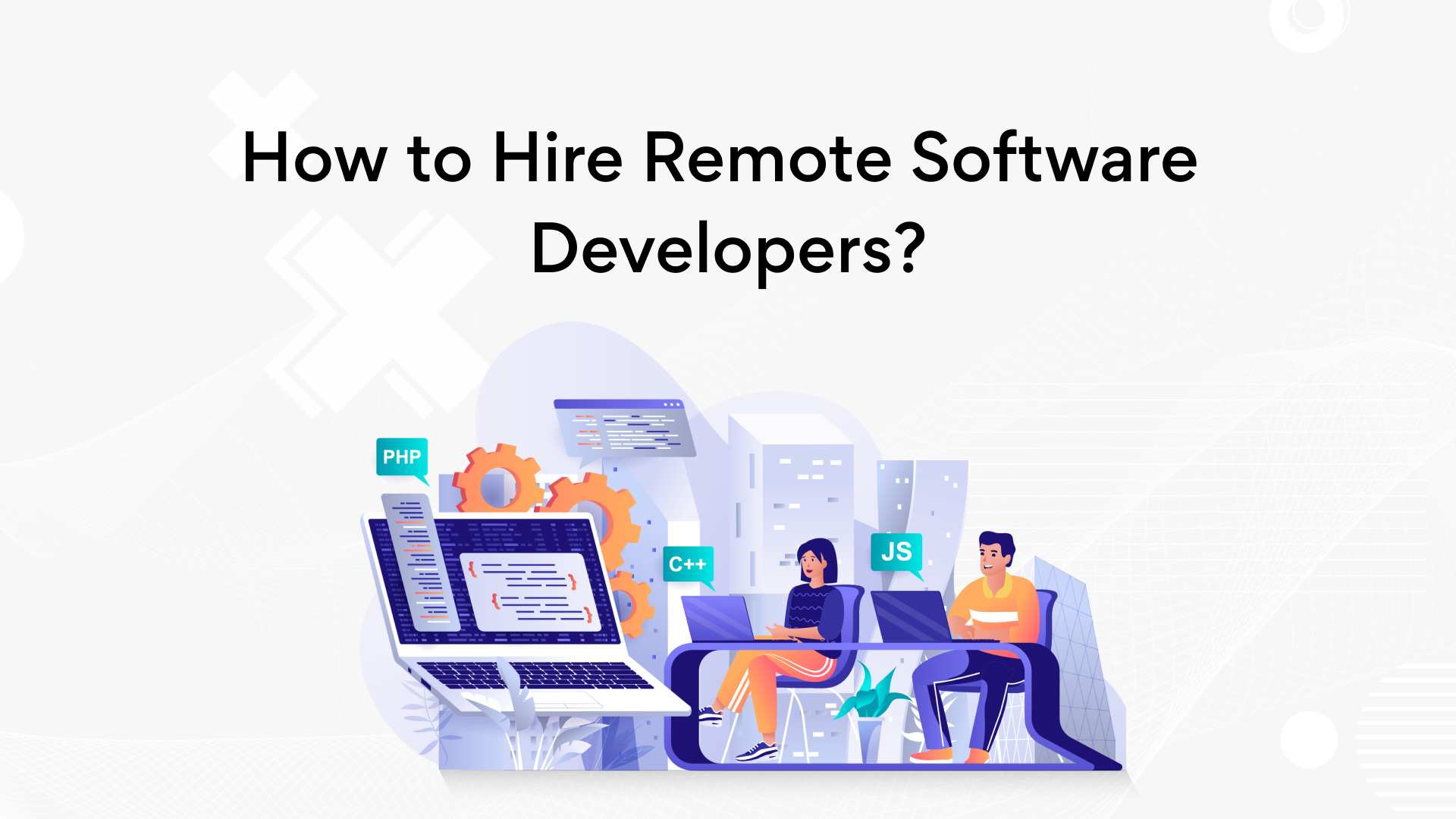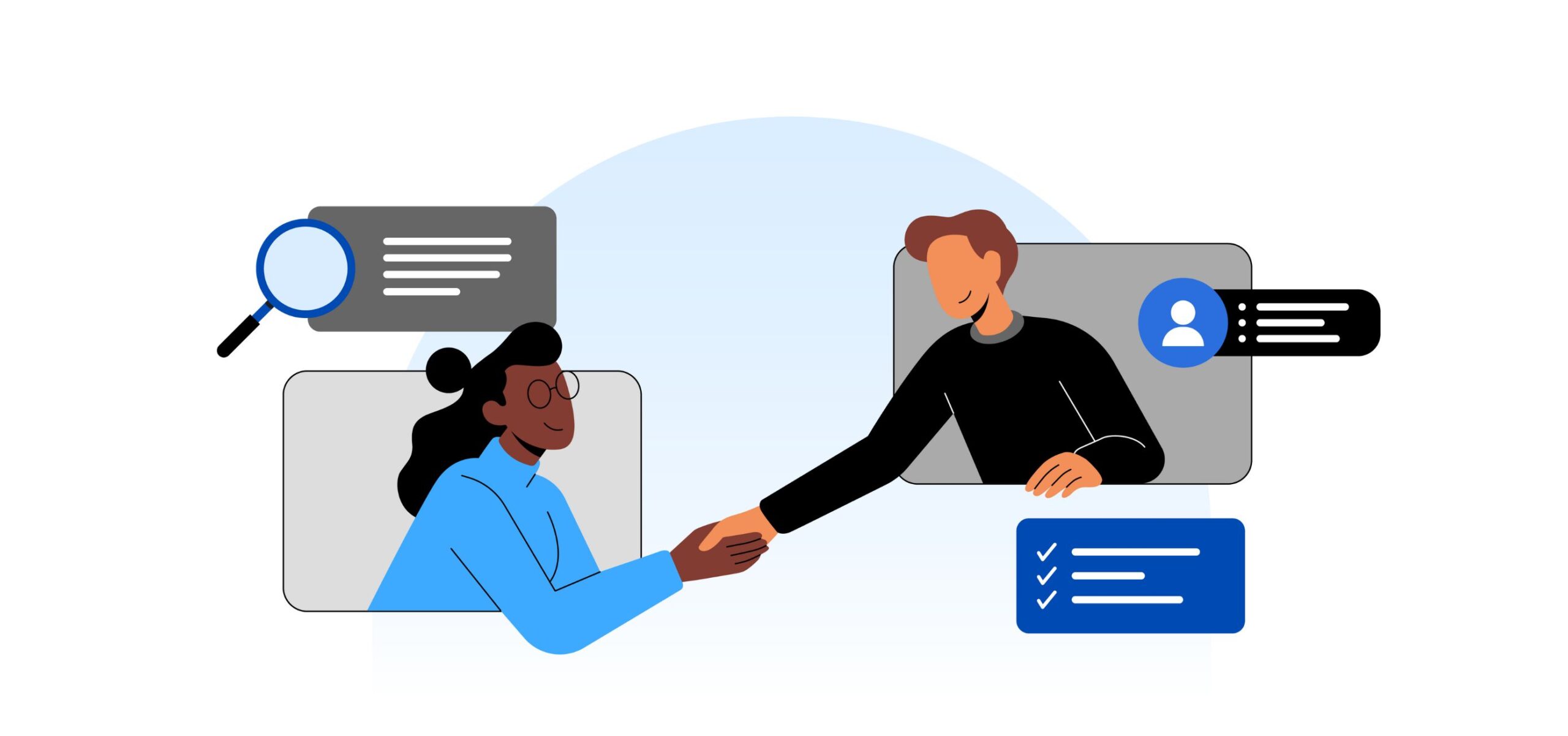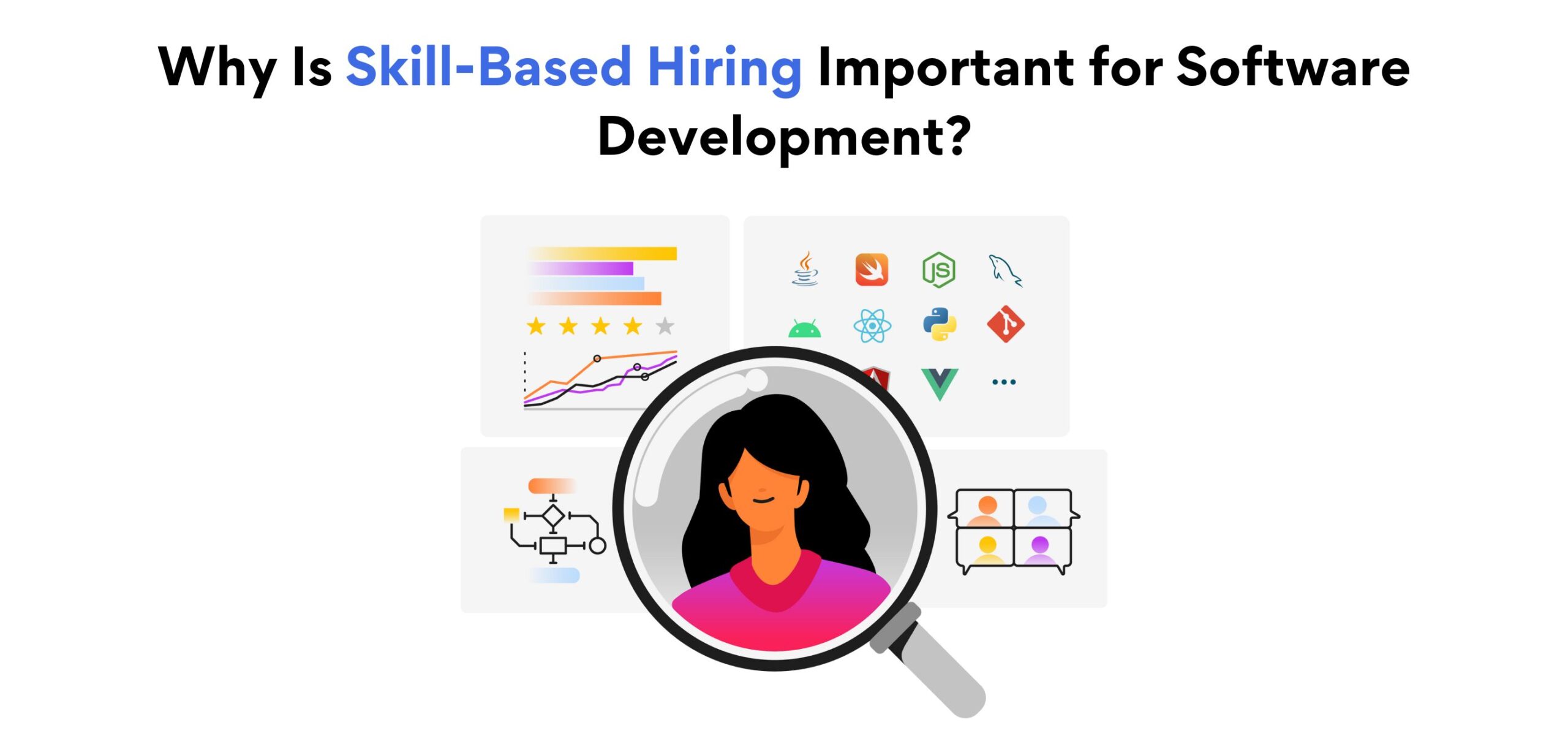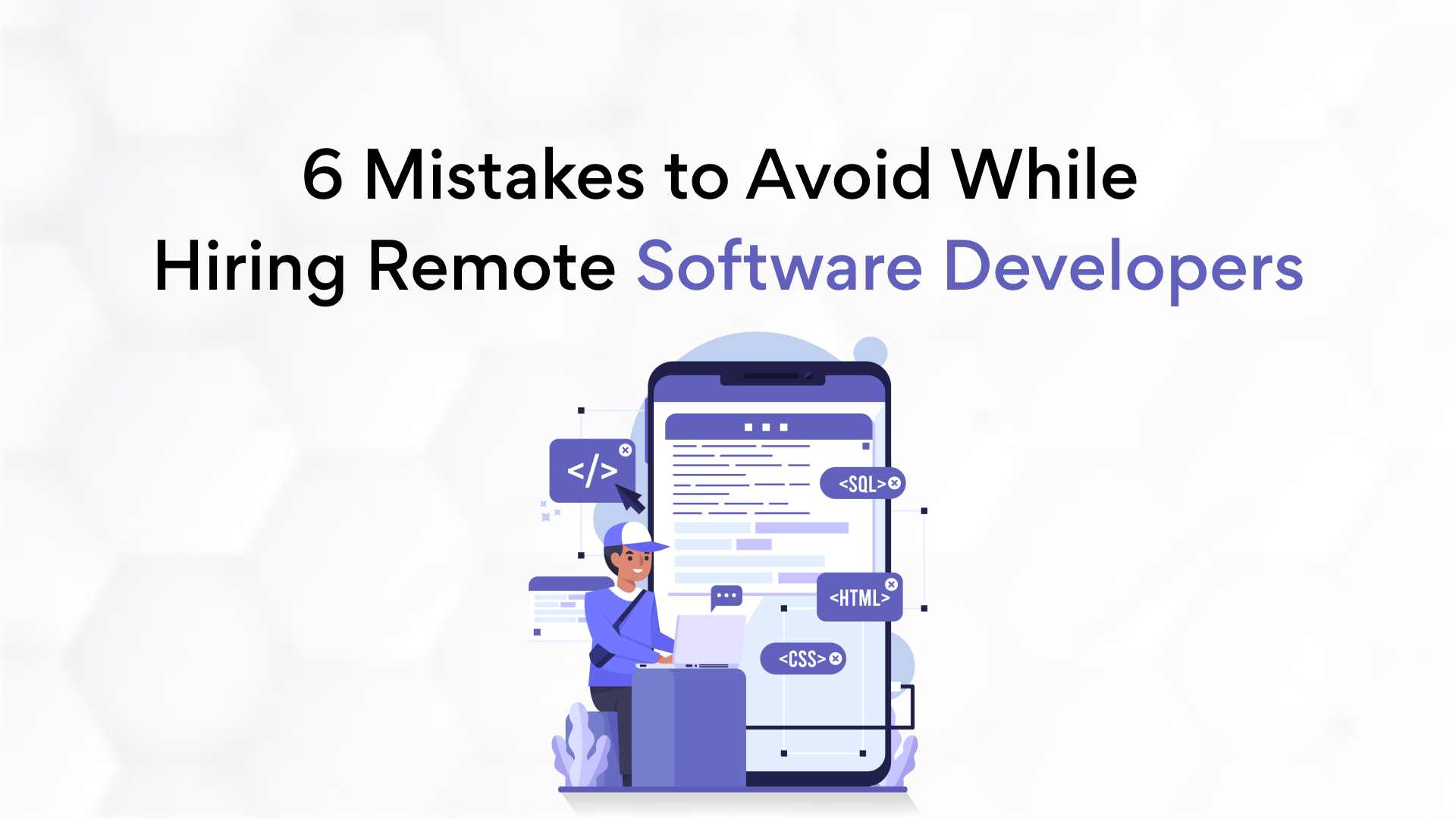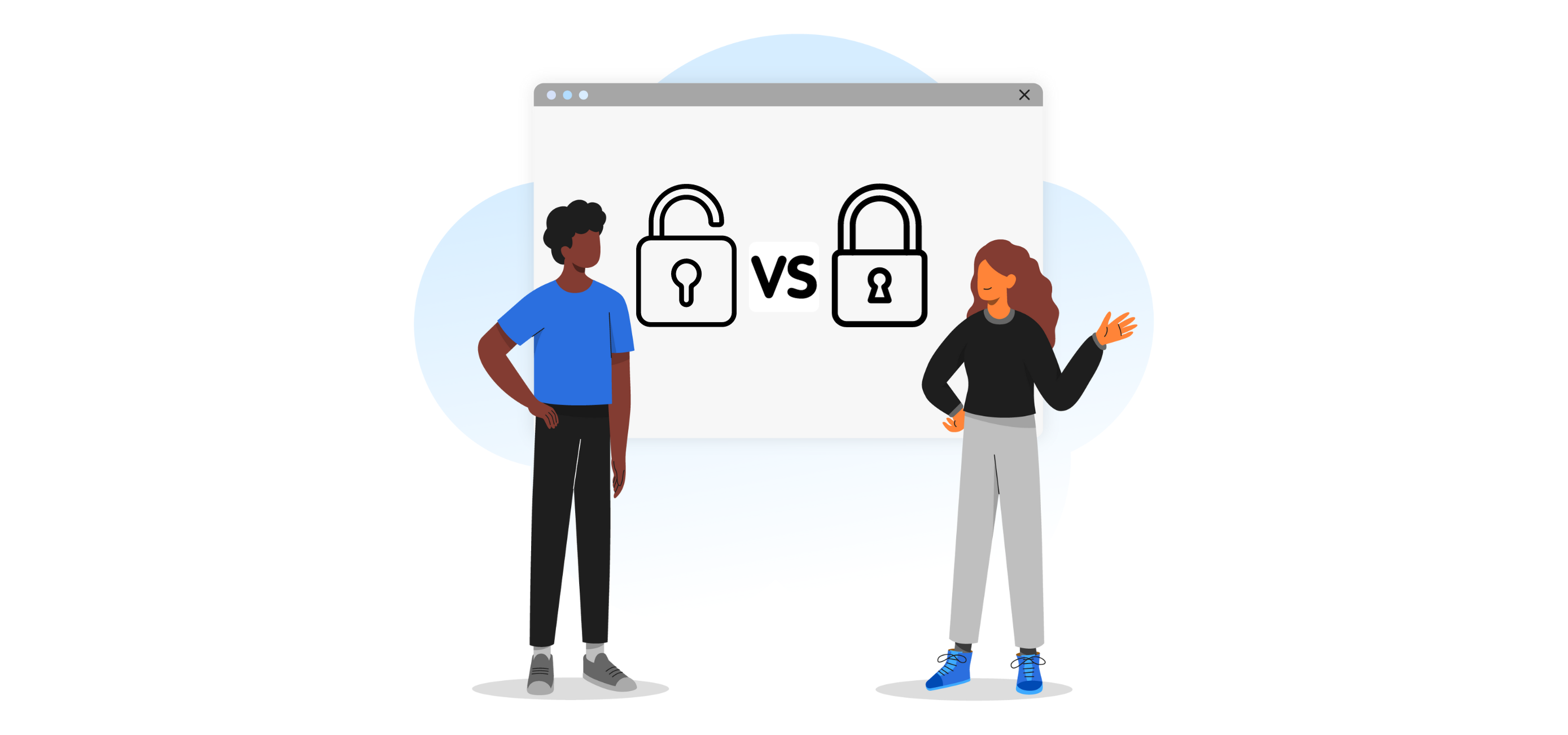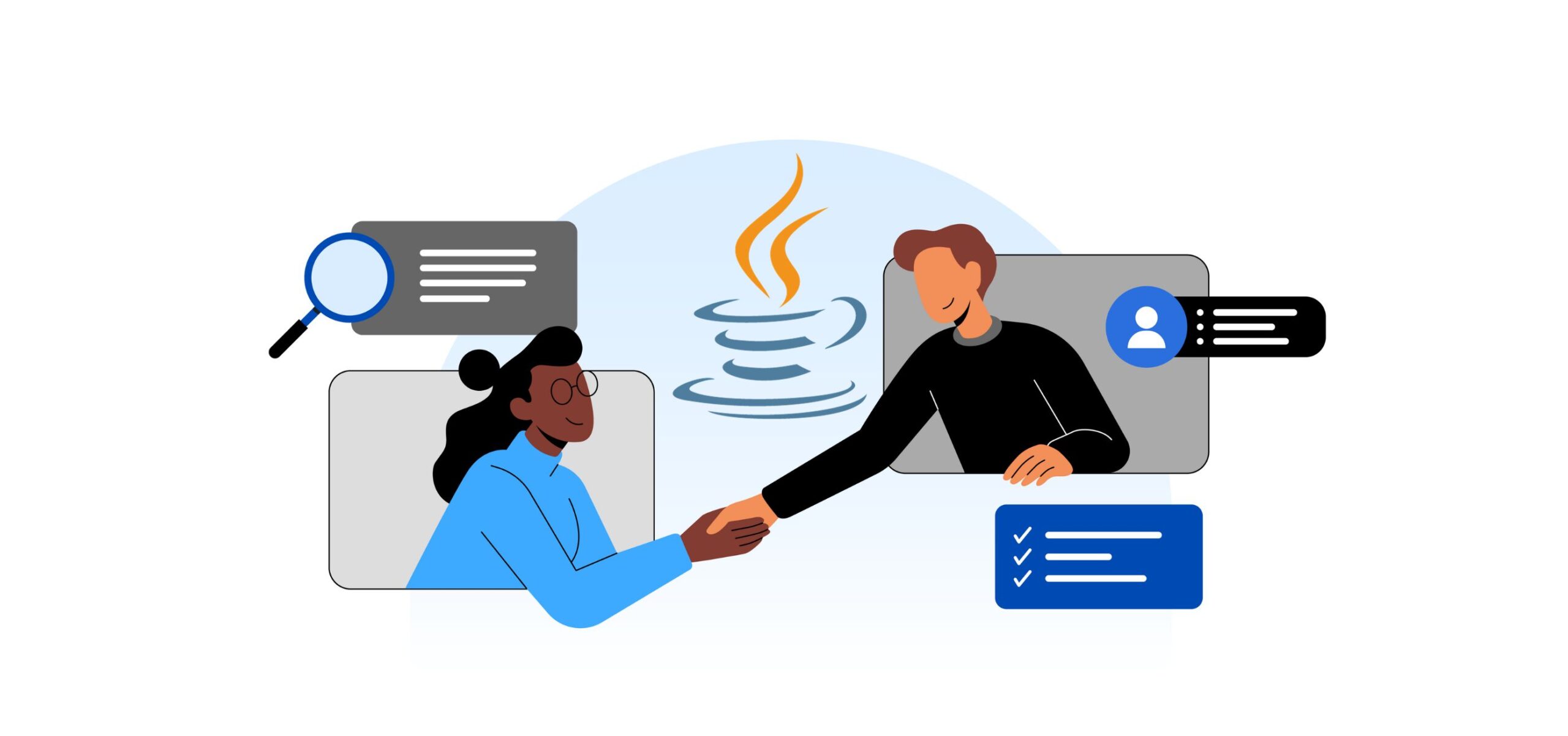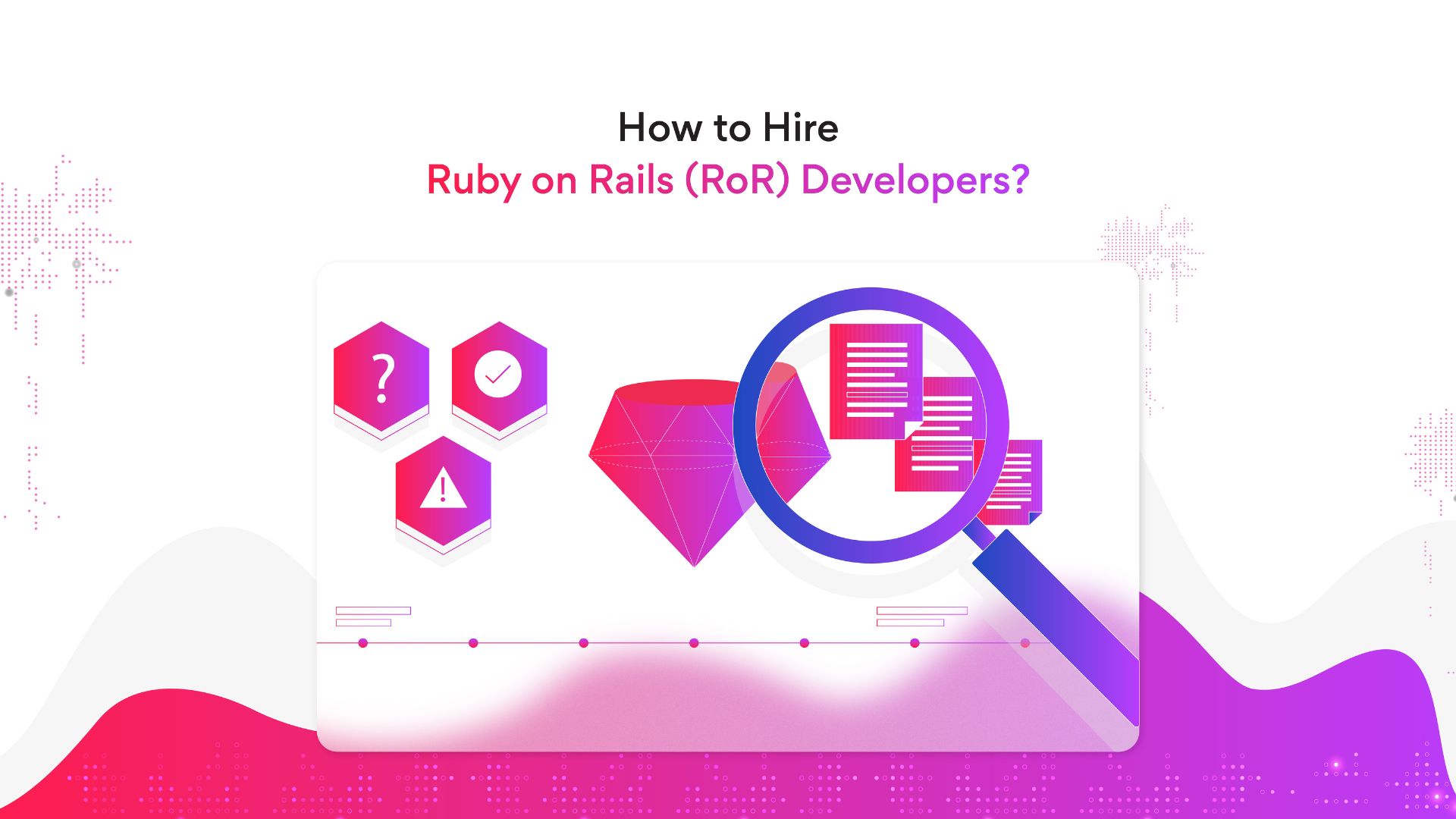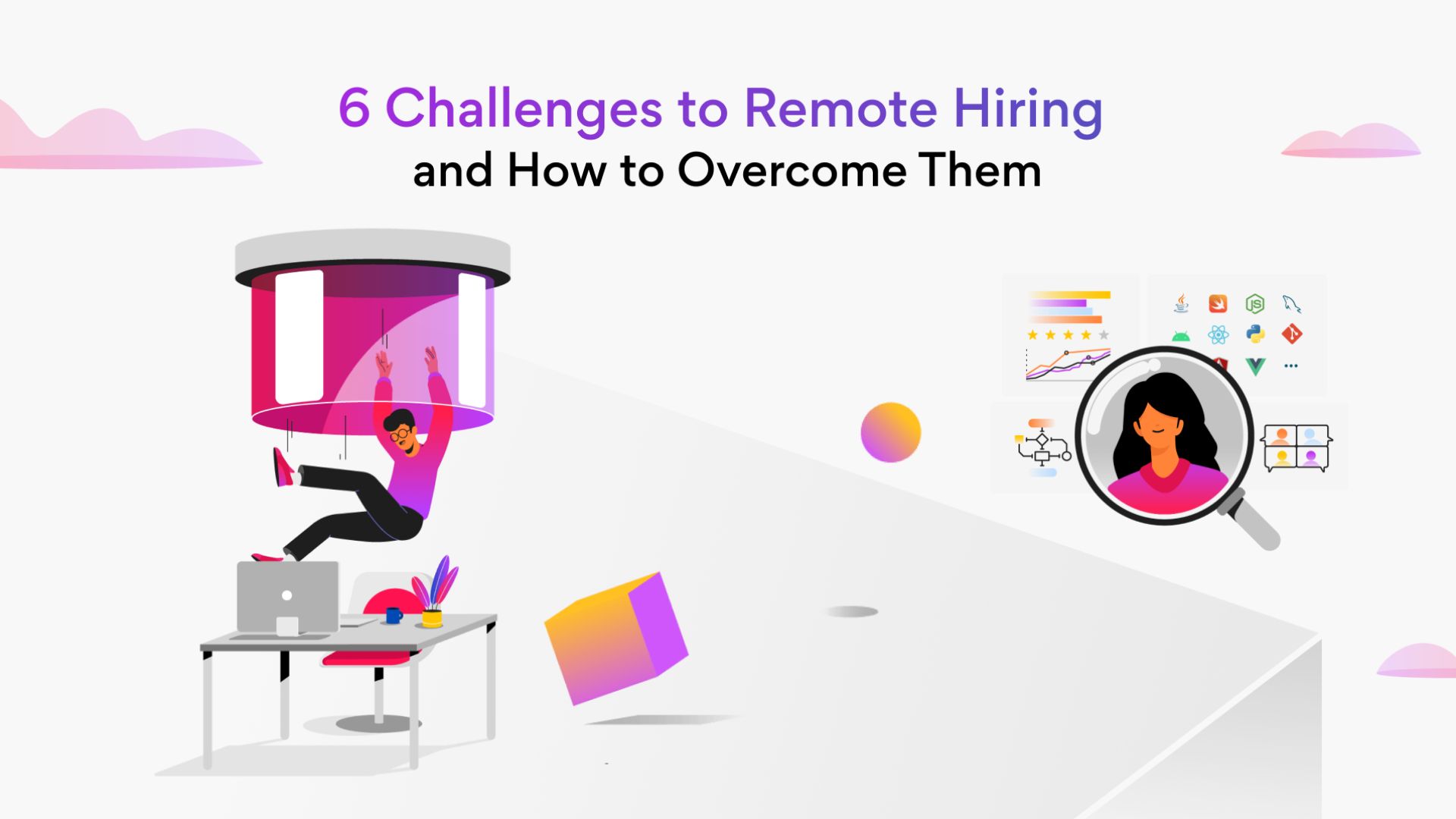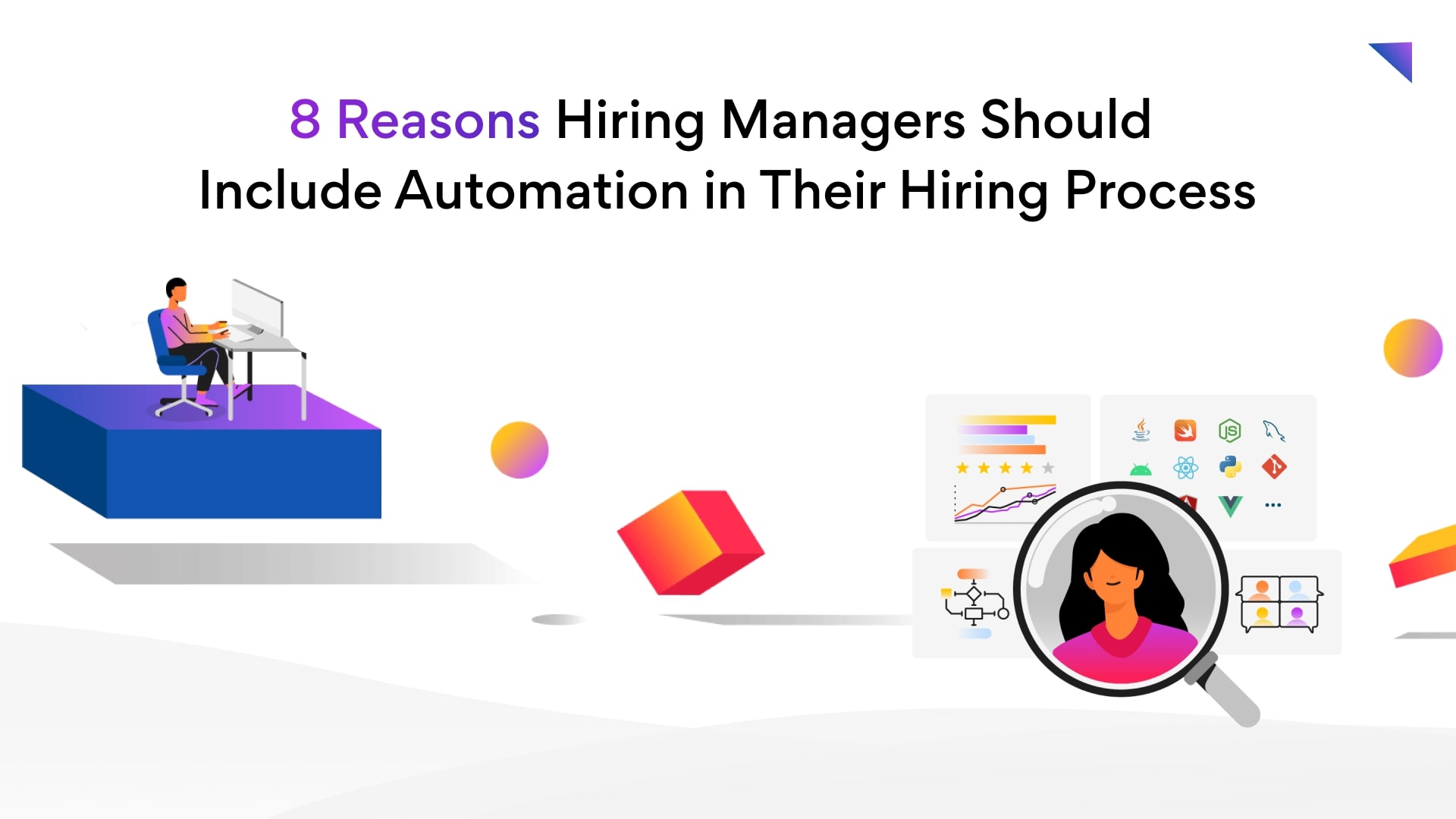Onboarding Remote Software Developers: Part One
After hiring software developers, guiding them through an effective onboarding process is critical for getting the new hire off to a good start.
This process helps remote developers feel valued and gain a better understanding of their roles and responsibilities. It also has the added benefit of boosting their productivity and performance, increasing engagement and loyalty. While the concept of developing an onboarding process has been around since the 1970s, a Harvard Business Review states that 22 percent of companies don’t have an onboarding process in place.
Ihor Feoktistov, CTO at Relevant, has outlined how companies can develop a strategic onboarding process with three easy steps to improve retention and developer satisfaction.
Three steps to an effective onboarding process
Let’s look at them one by one.
Get the introductions right

Onboarding remote software developers: Introduction
After hiring software developers, bombarding them with information about the company during the first day is not a great idea. Fortunately, you don’t need to wait until a developer’s first official day to begin the introductions.
- While hiring software developers—usually during the last rounds—you can give them an idea about the tools and software platforms they would need to know. This knowledge will provide them with the chance to install these tools and get acquainted with them beforehand.
- Brief them about your company and the individual projects in which they’d be involved. Ensure they understand the short-term and long-term goals and the tasks they need to prioritize once they get started.
- After hiring software developers, it’s a good idea to give them an Employee Handbook that lists the rules they would need to follow. Furthermore, consider giving them a quick brief to highlight essential practices during their first onboarding meeting if the handbook is too extensive.
- Prepare your team for the new hire before their first day. This practice will ensure your team members are ready to assist the developer when they join. You can also assign a mentor who can guide the developer through their onboarding process.
Have their workplace set up beforehand
After hiring software developers and getting the introductions out of the way, the next step is to guide them into the workflow.
One recommended practice is to give the developer access to all programs, tools, and documents they will need to get started.
Here is a checklist by Feoktistov that you can use after hiring software developers to ensure you don’t miss out on anything important:
- Give new developers access to the corporate chat system. Add them to all the necessary channels and groups.
- Add them to your team’s project management system and ensure they have the privilege to edit tasks.
- Share your company’s internal documents, manuals, guidelines, etc.
- Give them access to the test environment and the API keys
- Introduce them to your company’s internal services, like IT support and DeskHelp.
Providing tools and documents only when a developer needs them might hinder their workflow and cause frustration and resentment towards the company.
After hiring software developers, it’s wiser to grant them access to everything they need and give them the time to get acquainted with everything at their own pace.
Provide technical documentation
After hiring software developers, you need to give them detailed information about the project. Without proper technical documentation, you can’t effectively integrate your new software developers into the project workflow.
Here’s is another checklist by Feoktistov that’ll help you ensure you’re providing all the necessary technical documents to your remote developer:
- Source Code
- Database & its setup guide
- Dependencies for the specific project
- API keys and credentials
- Sample data
- Test suites
- Deployment credentials
- Development notes to give the new hire information about prior mistakes.
Pro tip: Questions to improve your onboarding program

Onboarding remote software developers: Questions for onboarding
No matter how strategically you plan your onboarding process, there is always room for improvement. Here are eight questions you can ask yourself to evaluate the effectiveness of your onboarding process after hiring software developers:
- Is the company welcoming?
- Are the employees happy to be working with the company?
- Is there an instance that highlights this?
- Do the employees understand the company’s vision and goals?
- Do the employees know that the company values them?
- Is the onboarding program engaging? Does it produce feedback?
- Does the company consider this feedback?
- Does the company have an extensive informational resources?
If you’re serious about upgrading your onboarding process, answer these eight questions honestly. Additionally, you can get your HR department, management team, and everyone else in leadership roles to answer these questions.
Summary
After reading through the blog, you may realize that an onboarding process after hiring remote software developers doesn’t have to be lengthy or complex. What’s important is having one in place.
Furthermore, this structure is not a rigid template; you can optimize it according to your company and developer specifications. While you can add additional steps to your process, these three steps are the ones you shouldn’t skip. If you’re looking for more details, here’s a more comprehensive, step-by-step guide on onboarding remote software developers in your company.
After hiring software developers, you should not expect them to be super productive right away just because you think you’ve perfected your onboarding process.
Give them the time and freedom to settle into their role.
But before all of that, hiring software developers who are skilled and experienced is crucial. If you’re looking to hire remote developers for your team, Turing can help.
Turing’s automated platform lets companies “push a button” to hire senior, pre-vetted remote software developers. Access a talent pool of the top 1% of 700K+ developers with strong technical and communication skills who work in your time zone. There’s no risk. Turing offers a free two-week trial period to make sure your developers deliver to your standards.
Tell us the skills you need and we'll find the best developer for you in days, not weeks.



